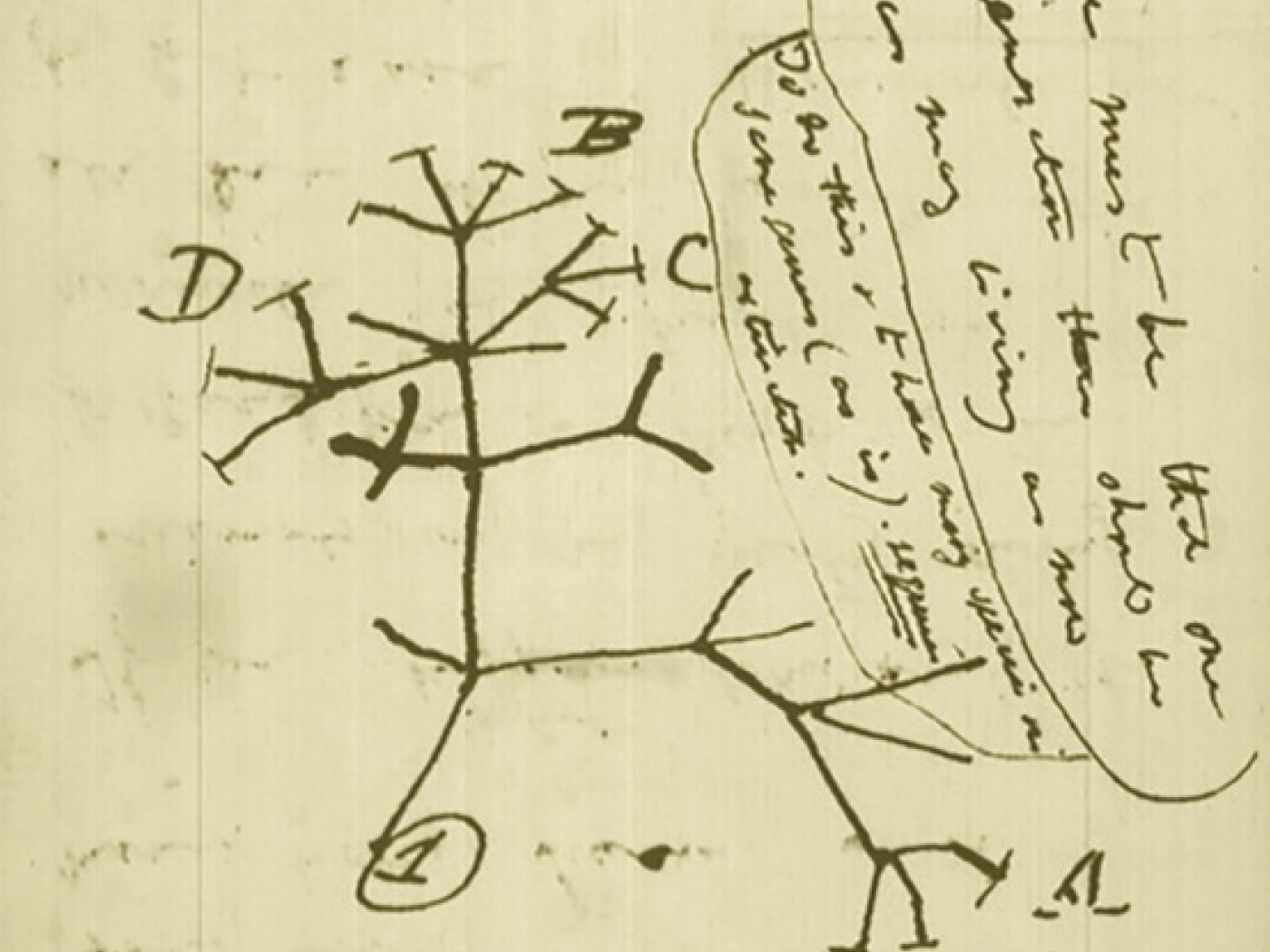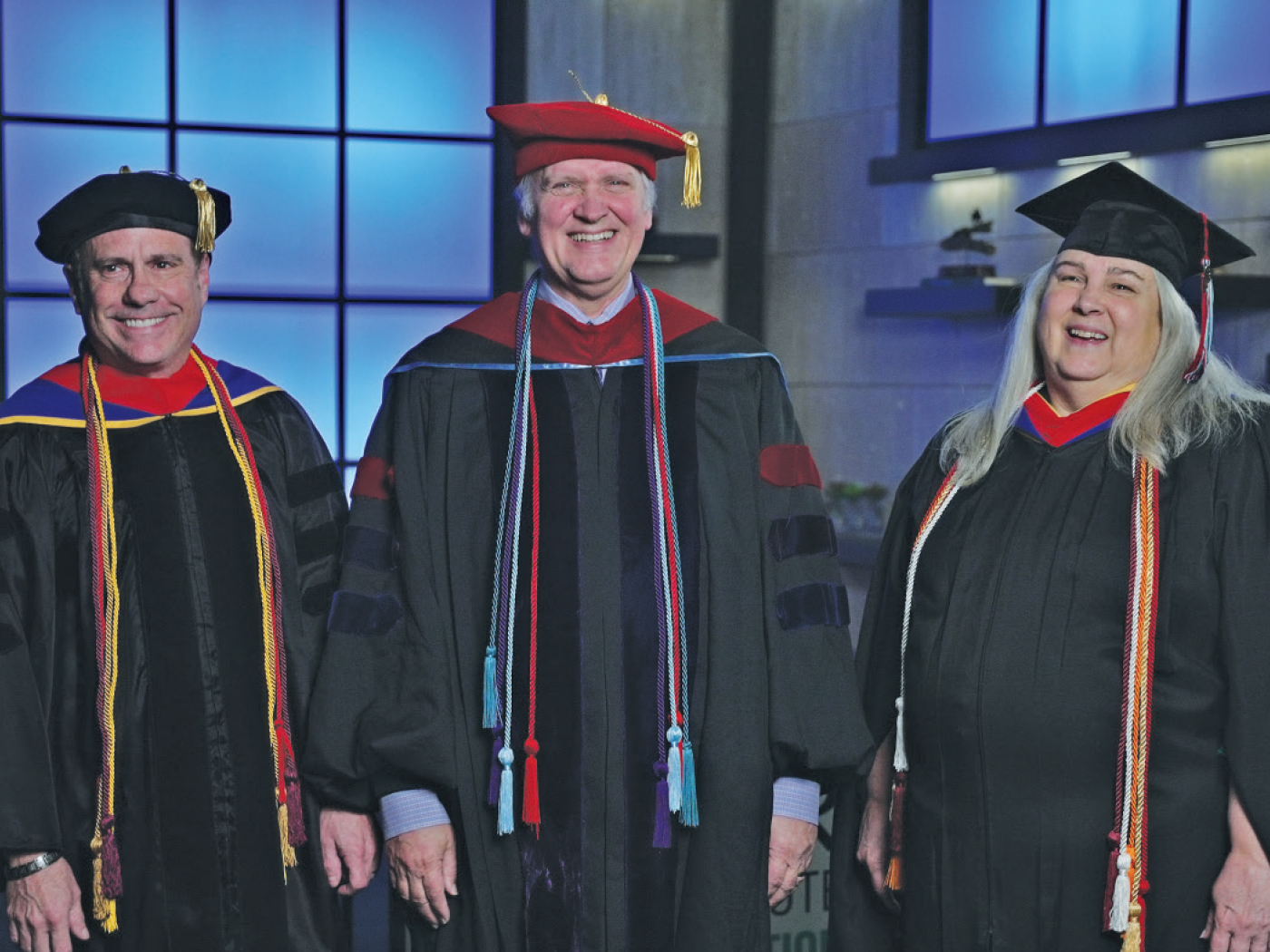“And we know that the Son of God is come, and hath given us an understanding, that we may know him that is true, and we are in him that is true, even in his Son Jesus Christ. This is the true God, and eternal life.” (1 John 5:20)
John uses two words for “know” in this short letter, both of which are used in the final instruction to his readers. The Greek word ginosko is used 25 times throughout this epistle, stressing knowledge that is gained through personal experience. The other word, ei’do (or oi’da), is used an additional 17 times, emphasizing mental understanding and comprehension.
The Intellectual Confidence
We “know [ei’do] that he was manifested to take away our sins” (1 John 3:5). We “know that we have passed from death unto life” (1 John 3:14). We “know that [we] have eternal life” (1 John 5:13). We “know that we are of God” (1 John 5:19). We “know that the Son of God is come” (1 John 5:20). All of this “head knowledge” is, of course, straight from the Word of God. These are the basics of our belief in the work of Christ.
The Personal Experience
We “know [ginosko] that we know [ginosko] him, if we keep his commandments” (1 John 2:3). “There [are] many antichrists; whereby we know that it is the last time” (1 John 2:18). “By this we know that we love the children of God, when we love God, and keep his commandments” (1 John 5:2).
Thus, our intellectual “knowledge” of God’s Word is “experienced” as we “work out [our] own salvation” (Philippians 2:12). Being “born again” is just the beginning. We should “grow in grace, and in the knowledge of our Lord and Saviour Jesus Christ” (2 Peter 3:18). HMM III
 Days of Praise Podcast is a podcast based on the Institute for Creation Research quarterly print devotional, Days of Praise. Start your day with devotional readings written by Dr. Henry Morris, Dr. Henry Morris III, Dr. John Morris, and others to strengthen and encourage you in your Christian faith.
Days of Praise Podcast is a podcast based on the Institute for Creation Research quarterly print devotional, Days of Praise. Start your day with devotional readings written by Dr. Henry Morris, Dr. Henry Morris III, Dr. John Morris, and others to strengthen and encourage you in your Christian faith.


















